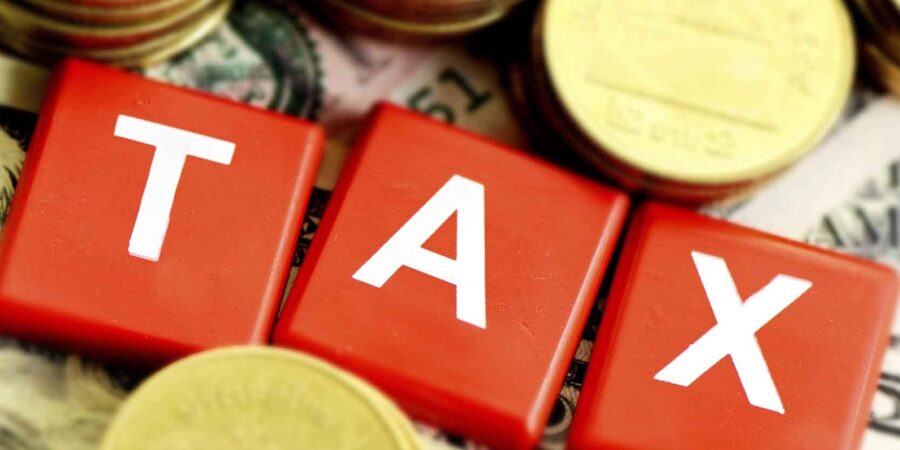By Victor Orandi, Elainer Mogoa
The Finance Act 2020, (the Act) was enacted into law upon assent on 30th June 2020. The Act introduced a new digital service tax to be payable by a person whose income arises from the provision of services derived from or accrues in Kenya through a digital marketplace at the rate of 1.5% of the gross transactional value.
The tax shall be due at the time of the transfer of the payment for the service to the service provider. This tax commences in January 2021.
The new digital service tax follows the introduction of tax on a digital market place brought in by the Finance Act 2019. The Cabinet Secretary of National Treasury and Planning further published the Draft Value Added Tax (Digital Marketplace Supply) Regulations, 2020 to facilitate public comments and views in the interest of public participation.
Kenya Revenue Authority (KRA) has however directed business owners trading on digital platforms to charge Value Added Tax (VAT) on their transactions and remit the taxes to KRA.
The Commissioner Domestic Taxes, Ms. Elizabeth Meyo said in a statement that KRA had noted with concern that some digital business owners had failed to charge VAT as required by law.
According to the Finance Act, 2020, digital companies that generate revenue in Kenya will pay a 1.5% tax on the gross transaction value. The Kenya Revenue Authority (KRA) will be able to obtain data from the Communications Authority of Kenya. This data will be on resident and non-residential digital transactions in Kenya.
According to the Draft Value Added Tax (Digital Marketplace Supply) Regulations, 2020, a 14% VAT will be charged on digital marketplaces such as eCommerce, online subscriptions, and other digital services that have been escaping the nation’s tax bracket. According to the Act, a digital marketplace is defined as,“a platform that enables the direct interaction between buyers and sellers of goods and services through electronic means.”
The draft extends the scope of this definition while leaving it open to interpretation in the future. Mobile applications, e-books, and movies, news, magazines, journals, streaming of TV shows and music, podcasts, and online gaming; software, drivers, website filters, and firewalls; website hosting, online data warehousing, file-sharing, and cloud storage services; supply of music, films, and games; supply of search-engine and automated helpdesk services including supply of customised search-engine services; tickets bought for live events, theatres, restaurants etc. purchased through the Internet; e-learning, including supply of online courses and training; supply of digital content for listening, viewing or playing on any audio, visual, or digital media; supply of services on online marketplaces that link the supplier to the recipient, including transport hailing platforms and any other digital marketplace supply as may be determined by the Commissioner.
Due to the challenges caused by COVID-19 there is an increase in the volume of transactions concluded via digital marketplaces. Kenyans are still watching to see the outcome of these laws. In Nigeria, the Finance Act, 2020 made provision for digital taxes, but did not state elaborate enforcement plans. Besides the Finance Act, Nigeria has tried to place levies on online advertisements and enforce VAT on digital services.
With Africa increasingly growing its tech hub space and technology ecosystems fast, this could be just another problem created to stall progress in the continent.
With OECD/G20 Inclusive Framework on BEPS, over 135 countries and jurisdictions are collaborating on the implementation of 15 measures to tackle tax avoidance, improve the coherence of international tax rules and ensure a more transparent tax environment. The model proposes to allocate tax to the country from which the digital revenue generates rather than the countries in which operations are conducted.

